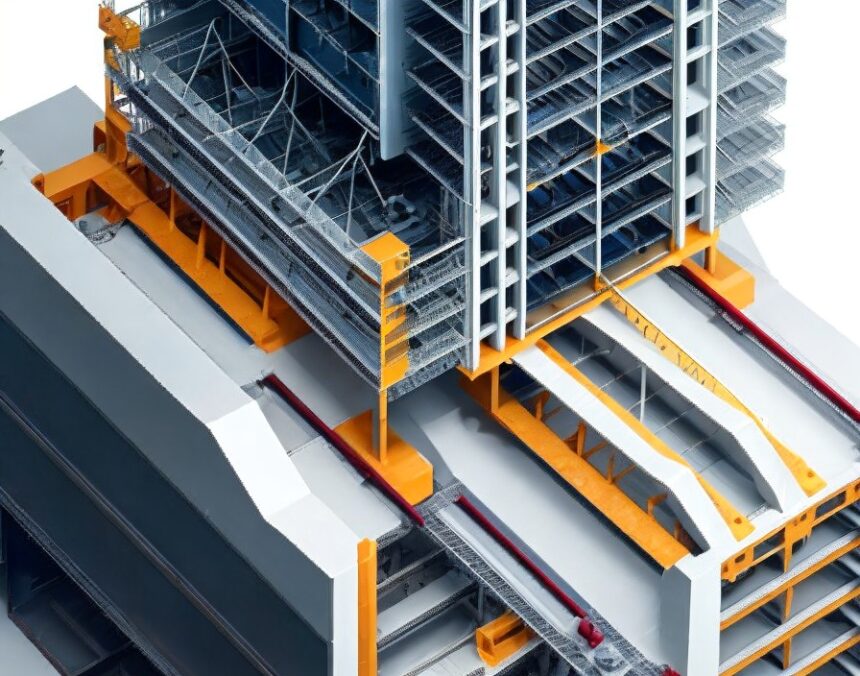Construction project management involves overseeing the planning, design, and execution phases of construction projects. It encompasses a wide range of tasks that ensure a project is completed on time, within budget, and according to specified quality standards. This specialized form of project management is integral to the successful realization of buildings, roads, bridges, and various other infrastructural and architectural projects. Key Components of Construction Project Management:
1. Project Planning and Design: This initial stage involves defining the project’s scope, determining resources, setting objectives, and developing a project plan. It also includes architectural and engineering design processes, during which the visual and structural aspects of the project are conceptualized and laid out.
2. Cost Estimation and Budgeting: Accurately estimating the costs associated with materials, labor, equipment, and other resources is critical. The budget must also account for potential overruns and unexpected expenses, ensuring financial resources are managed efficiently throughout the project lifecycle.
3. Scheduling: Developing a detailed project timeline is essential for successful construction project management. This includes setting milestones, allocating resources effectively, and coordinating tasks to keep the project on track. Modern project management tools and software often play a crucial role in scheduling and resource allocation.
4. Quality Management: Ensuring that all aspects of the project meet specified quality standards is a key responsibility. This involves establishing quality policies, setting quality objectives, and implementing quality control and assurance mechanisms to meet or exceed stakeholder expectations.
5. Contract Administration: Construction projects typically involve multiple contracts with suppliers, contractors, and subcontractors. Efficient contract administration is necessary to ensure all parties fulfill their contractual obligations, and that any changes or disputes are handled effectively.
6. Safety Management: Managing safety is paramount in construction project management due to the high-risk nature of construction work. This involves developing and enforcing safety policies, conducting risk assessments, providing safety training, and ensuring compliance with relevant health and safety regulations.
7. Communication: Effective communication among all stakeholders, including the project team, clients, contractors, and suppliers, is crucial for the smooth execution of a construction project. Regular meetings, progress reports, and the use of collaborative project management tools can facilitate clear and consistent communication.
8. Stakeholder Management: Construction projects often involve numerous stakeholders with diverse interests. Identifying these stakeholders, understanding their needs and expectations, and managing their influence and impact on the project is essential for its success.
9. Environmental Management: With increasing awareness of environmental issues, construction project management also involves considering environmental impacts and seeking ways to minimize negative effects on the environment. This could include waste management practices, the use of sustainable materials, and compliance with environmental regulations. Construction project management is a complex, dynamic discipline that requires a wide range of skills and knowledge. The successful construction manager must not only have a strong foundation in construction methods and materials but also possess skills in leadership, communication, problem-solving, and decision-making. As the construction industry continues to evolve with new technologies and methodologies, so too does the role of the construction project manager, adapting to the challenges of modern construction projects
